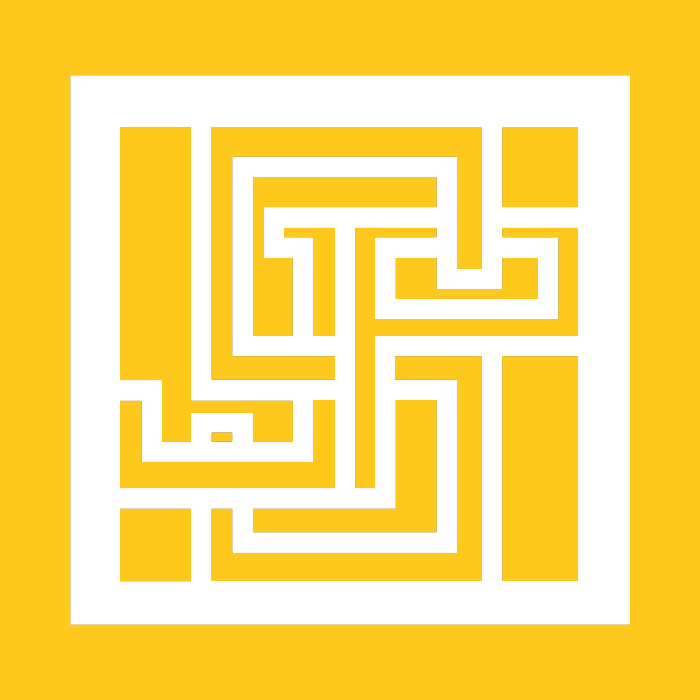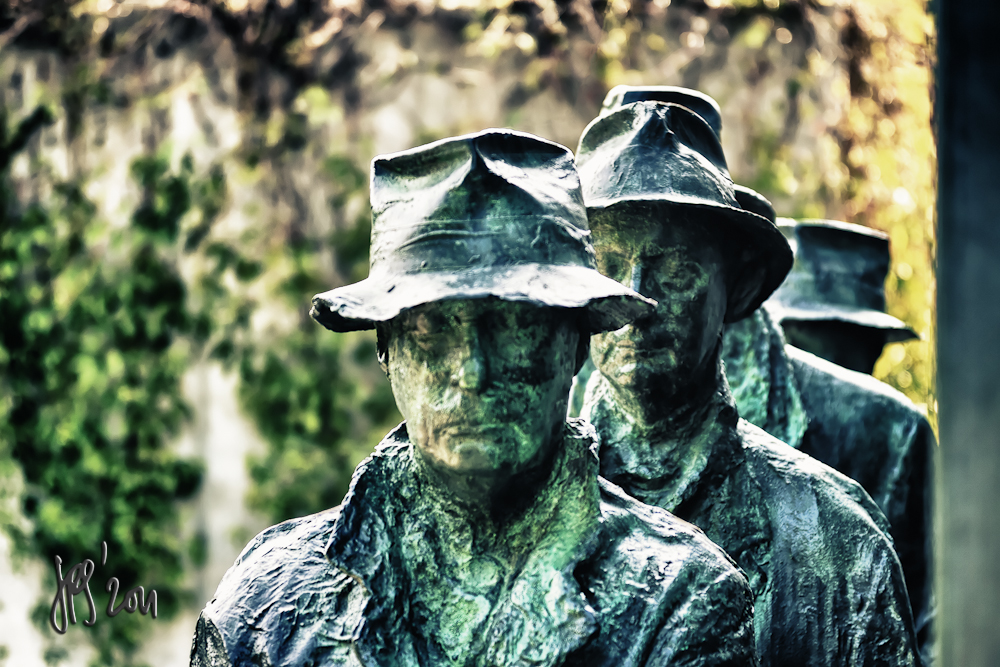The Power of Arts Education
There seems to be no concept used more often, in today’s debate regarding our Nation’s future, then The American Dream. The expression dates back to James Truslow Adams’ book “The Epic of America” published in 1931 where he writes: “…that dream of a land in which life should be better and richer and fuller for everyone, with opportunity for each according to ability or achievement. … It is not a dream of motor cars and high wages merely, but a dream of social order in which each man and each woman shall be able to attain to the fullest stature of which they are innately capable, and be recognized by others for what they are, regardless of the fortuitous circumstances of birth or position.”
In essence, if one is willing and determined to learn and work hard, he or she will have every opportunity to achieve. At the beginning of this dream is the development of ability. There it stands: Education. While we hold our future to a great extent in our own hands, controlled by our willingness to learn and apply, there is one event in our life which we cannot influence but which has a profound impact on our future.
It is the day we are born.
This day defines our initial social environment and determines greatly what education we will receive. As a Nation, we have worked hard to provide equal education irrespectively of who you are and where you live but we must face the reality that we have not accomplished our goal.
Education is a formative process of developing a person’s mind, character, knowledge and physical skills. Adams noted in an essay titled “To ‘Be’ or to ‘Do’” that there are “…two educations. One should teach us how to make a living and the other how to live. Surely these should never be confused in the mind of any man who has the slightest inkling of what culture is. For most of us it is essential that we should make a living...In the complications of modern life and with our increased accumulation of knowledge, it doubtless helps greatly to compress some years of experience into far fewer years by studying for a particular trade or profession in an institution; but that fact should not blind us to another—namely, that in so doing we are learning a trade or a profession, but are not getting a liberal education as human beings.”
There is no doubt that making a living, being able to protect and raise a family, is a fundamental need: It is the right to live. These are the two fundamental needs of Maslow’s Hierarchy of Needs: Physiological and Safety Needs. That is why we have actively supported UNICEF around the world for many years, raising and donating millions of dollars to support their education programs. Every day, 22,000 children die from reasons we know how to prevent. Every day, UNICEF provides lifesaving interventions to address immediate threats to a child’s life. But the cycle of poverty will only be disrupted if we educate and empower the children to successfully deal with the challenges of their environment and to build strong, effective and self-sustained communities.
Education is the ultimate weapon in this battle for survival.
Then there are the needs of Love, Belonging, Esteem and Self-Actualization. These belong to the formative process of “how to live”. Arts education is a core element in the development of these needs. It not only gives an understanding of the different art forms but, more importantly, it takes part in the personality development of a young individual. Creativity, on one side, is the self-expression of our emotions and feelings; it defines us as humans and separates us from all other creatures. On the other side, creativity is a fundamental skill which helps us in “making a living”. When managing processes and people we often face linear thinking and, with that, a lack of problem solving. It is the old input – output dilemma: We are taught to apply the known on a given situation with a predictable and often unsatisfying outcome.
What we look for in people are critical thinking skills and it seems we lack them more than ever.
These skills are primarily not the result of factual learning but the intellectual creativity of placing a situation in the context of experience and developing a unique solution. In addition to self-esteem and self-expression, arts education also trains mental agility.
I believe that both types of education, academic and artistic, are equally important. In the context of equal importance, we must realize that arts education is a largely underestimated element in our educational system. With constantly shrinking budgets, arts education is often the first to be eliminated. I believe this to be a crucial mistake which deprives future generations of certain fundamental and critical skills. I believe that we must, and can, contribute to a world where arts and culture are appreciated and arts education is continually supported: A world where our children not only make a living but know how to live.
For the past four years I have been an active supporter of The 24-Hour Plays on Broadway which benefit the Urban Arts Partnership (UAP), a New York City arts and education organization. The organization was founded in 1991 in response to the Crown Heights riots, guided by the belief that art is essential to human development, education and culture. Since then, the organization has reached over 55,000 students and teachers in over 265 New York City public schools. Through our involvement we positively affect the intellectual, social and artistic development of underserved public school students through arts-integrated education programs.
We make a direct impact on closing the achievement gap. I find it exciting to see the immediacy of our engagement with UAP when speaking and working with the students and see them developing.
By supporting UAP’s innovative teaching practices which incorporate arts-integrated programs into the core curriculum, we help underserved students learn more effectively. The organization engages hard-to-reach students and partners with teachers, students, and families by making arts central to the learning process, both inside and outside the classroom.
Having personally witnessed the power and positive influence that culture and arts programs have on young people’s lives through their experience with the Urban Arts Partnership, I decided that I will not only be a corporate sponsor but become personally involved in the program. The commitment is twofold: I established the Montblanc Writer’s Project and I am actively engaged in the Master Classes Program.
The goal of the Montblanc Writer’s Project is to give aspiring young playwrights a once-in-a lifetime opportunity to compete with their peers for the chance to have their work performed on stage during the 24-Hour Plays on Broadway. I was deeply impressed when I listened to the students expressing their unique creativity with such passion and enthusiasm. It is also wonderful to see the support given to them by their fellow students. We attracted critically acclaimed writers and directors who became their teachers and judges. When these students were confronted with the opportunity to learn from the masters, I was able to see in their eyes their passion and their very own dream. At the end of the project, the students’ work was presented at the National Arts Club in New York City. The winner was Elizabeth Cruz Cortez, a University student majoring in Theater and a former participant in the Urban Arts Partnership program. Elizabeth created a ten-minute play, which was performed by the legendary Gloria Estefan, in her Broadway debut, together with actors Elijah Wood and Diane Neal.
The Master Class Program is at the core of the Urban Arts Partnership. Artists, writers, and performers dedicate their time to teach young students. For the students, these arts classes are an extracurricular activity. They are not forced to be there; they are there because they have the opportunity and have made a conscious choice to learn. I personally created the Master Class in Writing, which was a rewarding experience. The program brought students and renowned editors together; the editors became mentors who graciously gave their time, advice, and expertise to the aspiring young writers.
As I look forward to what lies ahead, we will have to remain committed to supporting arts and culture programs. These educational initiatives will positively enhance students’ lives and provide them with the opportunity to realize their dreams.
I truly believe in arts education as an important pillar of our American Dream. After all, our young people are the future of our country. We must give them our best and provide them with every opportunity to achieve a comprehensive education, which will empower them to take the future in their hands.


